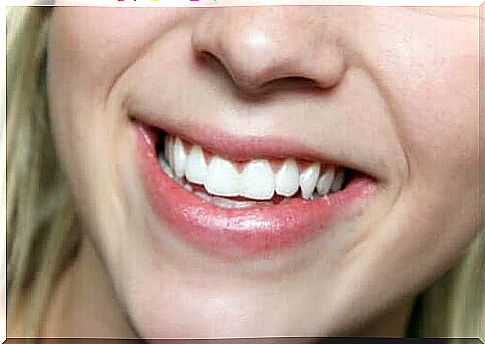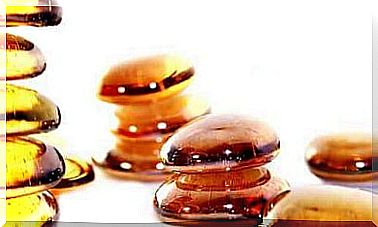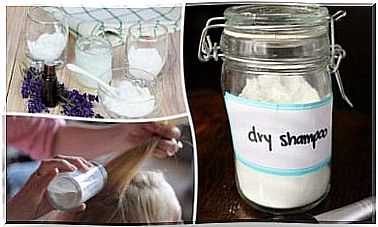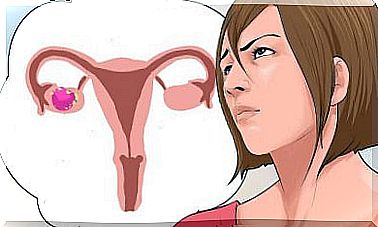Why Are Sensitive Teeth Prone To Pain?

Tooth structures are very important for our speech, for chewing food and for the formation of food bolus. Of course, they are also aesthetically pleasing. This is why sensitive teeth can not only be painful, but can also affect us in many other ways.
We have all had toothaches at some point in our lives. It is a warning sign that something harmful is happening to our teeth. Stay here, in today’s article we explain the reasons why teeth are so sensitive to pain.
The tooth layers and sensitive teeth
The teeth have three basic parts:
- Rot. This is the part inside the dental cavity, the invisible part of the tooth buried in the alveolar bone. The root will be part of the end of an extracted tooth
- Krone. This is the protruding part of the alveolar bone, it is visible
- Neck. This is what holds the root and the crown together
There is a hole where the blood vessels and nerves that nourish the teeth enter the base of the root and form what is referred to as the mass cavity. A layer of dentin covers and protects this dental cavity.
Dentin is made from a mineral matrix, especially calcium hydroxyapatite. As a result, this structure can protect against harmful substances entering the vessels and nerves of a given tooth.

Dentin, the protective layer
Dentin is formed by cells called odontoblasts that lie between the outside and the dental cavity. Furthermore, they have extensions that work their way through the dentine.
When any changes in the tooth, such as cavities, affect or destroy the dentine, the odontoblasts are able to repair it, and thus the dental cavity is well protected.
However, dentin is not enough to protect your teeth. It requires an even harder substance to prevent breakage every time we chew or talk. This substance is enamel.
Enamel, the hardest layer
Enamel is a very hard layer, composed exclusively of hydroxyapatite. Dentin is also made from this mineral, but to a lesser degree and concentration. In addition, cavities, consisting of an expansion of the odontoblasts, make it less resistant.
The enamel is white, hard and with a composition of 96% hydroxyapatite. The remaining 4% contains protein and water. The composition consists of cells called ameloblasts that make enamel before the tooth erupts.
Once a tooth has appeared, the ameloblasts degenerate and the enamel never regenerates again. As you can see, we have a limited amount of it for life, so it is important to take care of it.
Cement, anchor layer
This substance lives around the tooth root, just above the dentine. Also , this layer is softer than the enamel, as it contains only 65% hydroxyapatite.
The cement has two layers. One of them does not contain cells and is formed before the tooth comes up. In the same way , cement contains cement cells and these produce a mineral matrix that is formed after the tooth eruption due to functional requirements.
The main function of the cement is to anchor the fibers in the periosteum, the layer that covers the bone around the tooth. It is just like the glue that holds the tooth attached to the cavity.

Why are teeth sensitive to pain?
We can answer this question if we know a little about dental anatomy. As you can see, dentin has expansions of osteoblasts in it. That is, there is communication between the dentine and the dental cavity, where the nerve endings are located.
Enamel does not regenerate, so it stops protecting the dentine when it wears out or when tooth decay eventually destroys it. Thus, it is more exposed to external factors. The cavities in the dentine remain open and external stimuli can reach the nerve endings, leading to pain.
So to prevent this from happening, you need to exercise proper dental hygiene ; consult your dentist often, and maintain a healthy diet. This is the only way to preserve and protect the enamel and dentin!









